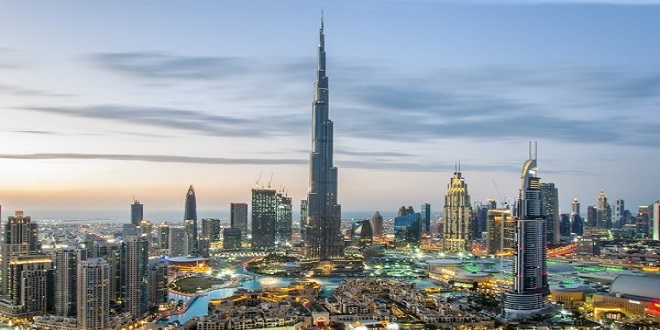Yep, you’ve seen it right.
Opening a business in the mainland area and a free zone is exhaustively different. To begin with, the jurisdictions are entirely separate in both of these places. Therefore, the paperwork you have to provide will be pretty distinctive for each option.
Furthermore, the company structure will also differ when it comes to opening a business in the mainland or free zone.
So, which one should you choose?
Well, we will talk about that later in this article. But, before that, let’s learn more about what a free zone and a mainland area are.
What Is A Mainland Business Area?
In essence, whatever location is situated outside the free zone area is known as the mainland. If you want to open an organization here, you must get your license issued from the DED or Department of Economic Development.
As a part of the mainland business area, you can do trading wherever you want, whether it’s in the UAE or somewhere else. There will be no restrictions whatsoever. However, if you’re going to start your organization here, you have to choose between three options –
- Corporate sponsorship.
- Local service agent.
- Individual sponsorship.
People, who’re starting out with their business for the first time, tend to opt for a local service agent. However, if you want to be brave and go for individual sponsorship, you must take the help of a law firm in DIFC. It will make your job much easier.
What Is A Free Zone Business Area?
A free zone authority usually follows the jurisdiction in the same place where it’s located. Thus, it will have its own set of regulations and rules. In any case, if you open a business here, you can still do trading outside of the UAE.
In a free zone, it will be possible for you to enjoy 100% ownership without requiring the help of any local sponsorship. However, the requirements of the area might be a little stiff when it comes to doing business in foreign countries.
Difference Between Mainland And Free Zone Business
As you can understand, the core difference between a free zone business and a mainland trading center is pretty evident. However, it’s not the only way to create a distinction between them. Here’s what you need to know about it.
Difference – 1: Ownership
In a mainland business, you will only have 49% of the ownership of your company. The other 51% of the same will be provided to an Emirati sponsor. It’s applicable for an ex-pat investor.
With free zone trading, you can enjoy 100% ownership of your company. There is no need to search for or hire a local sponsor in this regard.
Difference – 2: Scope
If you have opened a business on the mainland, you will be free to do trading anywhere in the UAE market. There won’t be restrictions regarding marketing in foreign nations too.
Like the former, you can do business with other countries even if you have a business entity in the free zone. However, in some cases, you might be restricted by the local regulations.
Difference – 3: Office Space
When talking about physical office space, you will have to follow the official requirement of having 140 square feet thoroughly. It’s an obligatory rule and, thus, cannot be overlooked.
The issue of having a fixed physical office space is not compulsory for a free zone business. You can also form a virtual office by following the rules and regulations of your locality.
Difference – 4: Audit
As a mainland organization, you will have to create a mandatory financial audit every year. Otherwise, your will license will be taken by the authority.
Creating an audit will depend on the location of a free zone business. For example, if your company is based on FZCO or FZE, creating a year-end audit plan will be necessary for you. Otherwise, there’s no need to do anything.
The Bottom Line
In all honesty, both a mainland organization and a free zone business come with their benefits and disadvantages. However, in our opinion, it’s the latter who offers more freedom when it comes to doing business. Just make sure to choose the right place, and your business will start booming pretty quickly!
 Naa Business World Business News Hub
Naa Business World Business News Hub




